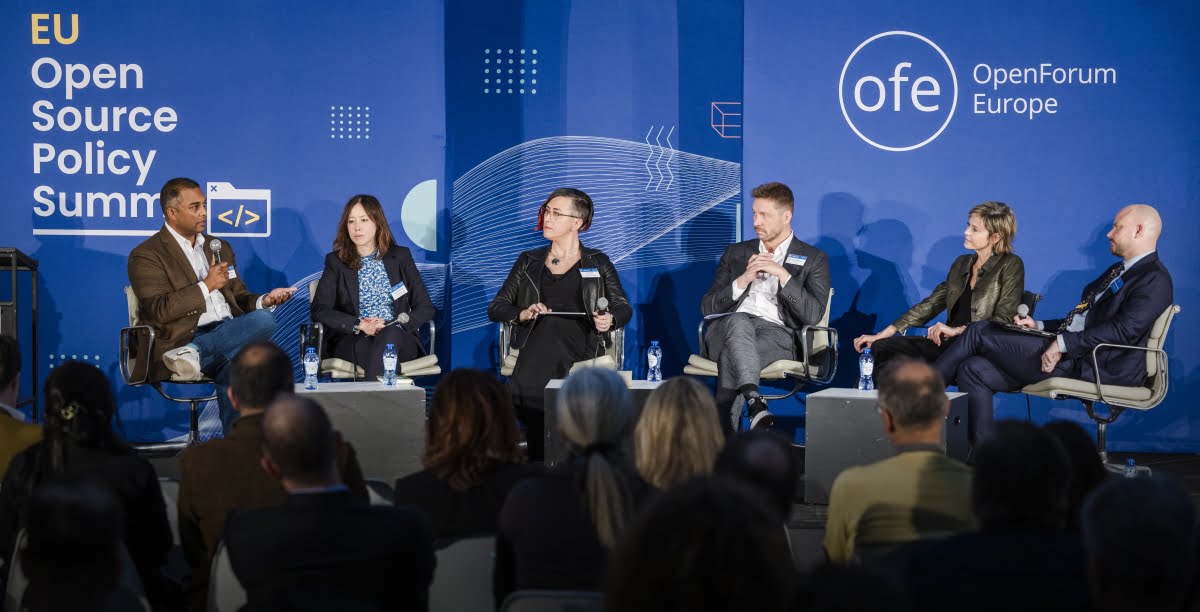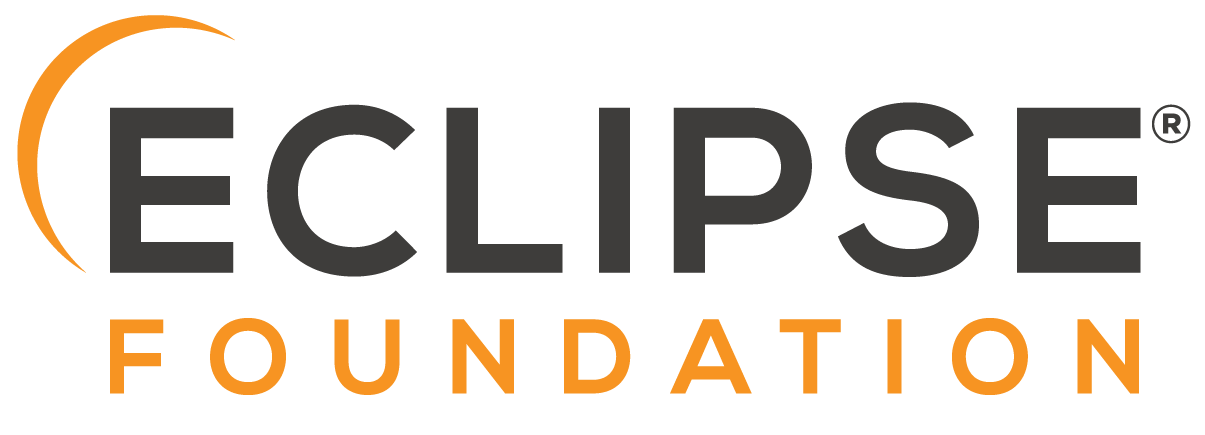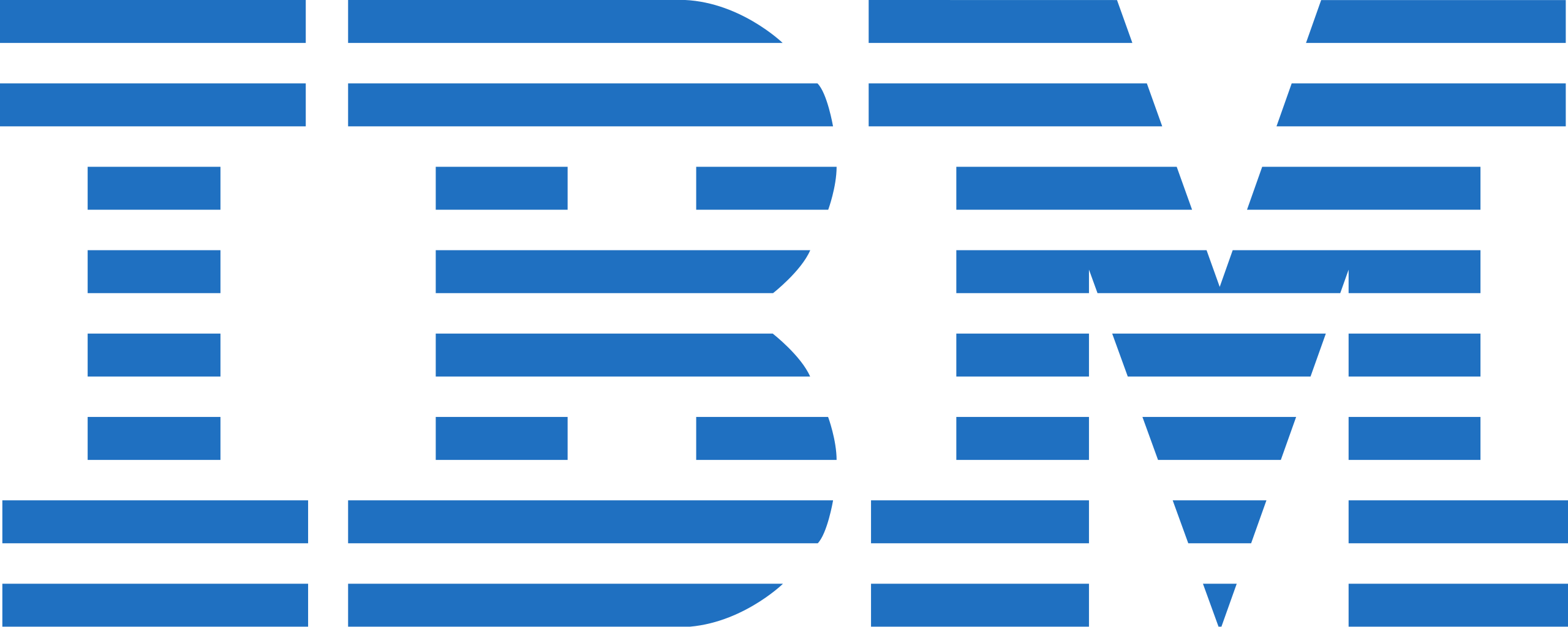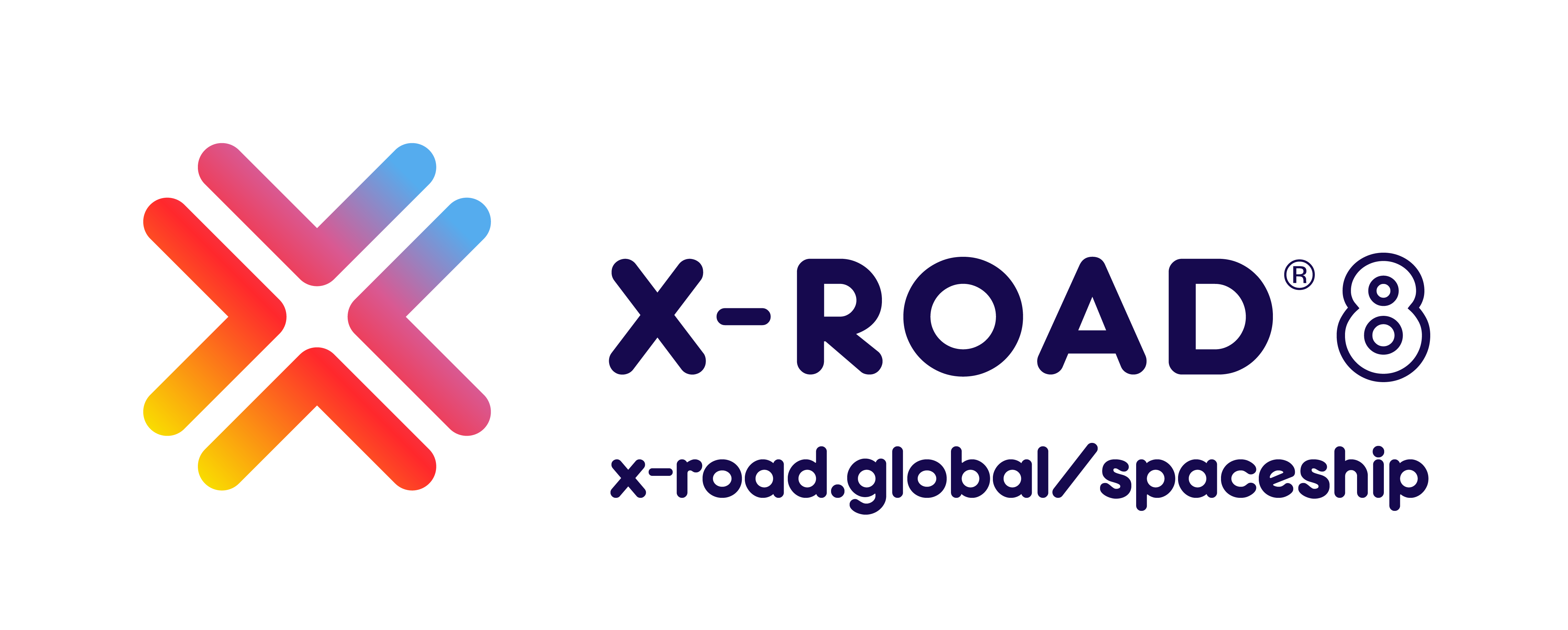February 2 / 9:00 - 18:00 CET
EU Open Source Policy Summit 2024
10 Years of OSS Policy Impact
10The 10-year anniversary of the OpenForum Europe’s EU Open Source Policy Summit is taking place on 2 February 2024, just before FOSDEM. The Summit is the world’s largest assembly of policymakers, Open Source businesses, community members, developers, foundations, and experts engaged in digital policy.

Confirmed Speakers
-
Lorena Boix Alonso
Director for Digital Society, Trust & Cybersecurity, DG CNECT, European CommissionMore -
Camilla Brückner
Director of the UN/UNDP Office in Brussels and Representative of the UN System in the EUMore -
Yordanka Ivanova
Legal and Policy Officer, DG CNECT, European CommissionMore -
Miapetra Kumpula-Natri
Member of the European Parliament, S&DMore -
Max Lemke
Head of Unit, Internet of Things, DG CNECT, European CommissionMore -
Juhan Lepassaar
Executive Director, The European Union Agency for CybersecurityMore -
Dr. Cosmas Luckyson Zavazava
Director, Telecommunication Development Bureau International Telecommunication UnionMore -
Karen Melchior
Member of the European Parliament, RenewMore -
Carla Montesi
Director, DG INTPA, The European CommissionMore -
Jean-Philippe Balança
Chief International Operations Officer, Smile InternationalMore -
Omkhar Arasaratnam
General Manager, Open Source Security FoundationMore -
Brian Behlendorf
Chief AI Strategist, Linux FoundationMore -
Aeva Black
Open Source Security Lead, Cybersecurity and Infrastructure Security Agency, US GovernmentMore -
Gaël Blondelle
Chief Membership Officer, Eclipse FoundationMore -
Mirko Boehm
Senior Director, Community Development, Linux Foundation EuropeMore -
Francesca Bria
Innovation Economist and Digital Policy ExpertMore -
Justin Colannino
Senior Director, Developer Policy, GitHub, Inc.More -
Debora Comparin
Chair of OSIA Initiative, Secure Identity Alliance (SIA)More -
Clare Dillon
Researcher & Co-founder of Open Ireland NetworkMore -
Peter Ganten
CEO of Univention, Chairman of the Board OSBA, President of APELLMore -
Paula Grzegorzewska
Strategic Partnerships Director, OpenForum EuropeMore -
Adriana Groh
Co-founder, The Sovereign Tech Fund, Government of GermanyMore -
Paul Keller
Director of Policy, Open Future FoundationMore -
Fiona Krakenbürger
Co-founder, The Sovereign Tech Fund, Government of GermanyMore -
Michiel Leenaars
Director of Strategy, NLnetMore -
Arnaud Le Hors
Senior Technical Staff Member - Open Technologies, IBMMore -
Manuel Hoffman
Speaker, Harvard Business SchoolMore -
Stefano Maffulli
Executive Director, Open Source InitiativeMore -
Omar Mohsine
Open Source Coordinator, United NationsMore -
Sachiko Muto
Chair, OpenForum EuropeMore -
Astor Nummelin Carlberg
Executive Director, OpenForum EuropeMore -
Ciaran O’Riordan
Senior Policy Advisor, OpenForum EuropeMore -
Enzo Ribagnac
Associate Director, European Public PolicyMore -
Cheuk Ting Ho
Director, Python Software FoundationMore -
Clémentine Valayer
Director, Gartner ConsultingMore -
Dirk-Willem van Gulik
VP of Public Policy, Apache Software FoundationMore -
Zuzanna Warso
Director of Research, Open Future FoundationMore
Agenda
Registration and coffee
Opening Keynote
Executive Director, OpenForum Europe
Keynote
The Secretary-General’s Envoy on Technology, United Nations
Keynote
Chief Information Technology Officer (CITO), Assistant Secretary-General, Office of Information and Communications Technology
Panel: Europe in the World of Open Source
The effort to build and maintain open digital infrastructure is a global endeavour. While Europe has been a proponent of open source for more than a decade, the potential for collaboration now extends beyond our continent, and this collaboration is starting to take place. As open infrastructures, ranging from digital payments to large language models, emerge globally, it’s crucial to avoid redundant efforts in different contexts. Europe is in a unique position to both learn from and lead alongside global counterparts, bridging policy, cultural, and technical divides. In this era, the definition of ‘digital commons’ and the responsibility of open source take on greater significance. Europe can assimilate global insights and drive pioneering solutions in this interconnected world. The question remains: do governments worldwide have the necessary capacity to fully leverage open source for the benefit of their citizens? And if not, how do we build that capacity?
Expert intervention: The Value of Open Source Software
Coffee break
Panel: Open Source AI
Open source brings the promise of an AI market that is decentralised, highly competitive, user-centric, and where Europe leads. In this session, we ask how does “open” in AI truly manifest in practice and how can it be built to bolster European competitiveness while inheriting our values? Where does the global consensus stand on what “open” really means? What are the risks a closed AI ecosystem poses to the European market and citizens? Lastly, we ask, what is the balance between regulating away AI risks and risking to create a regulatory ‘moat’ handing the market to the incumbents?
Keynote
Executive Director, Eclipse Foundation
Panel: Open Source - The European Competitive Advantage
From its influential role in the Internet of Things (IoT), big data, and machine learning to its potential in reshaping SME strategies for exponential growth and agility, the open source innovation and scaling model presents unparalleled opportunities for Europe. Open source is how the cloud was realised, and now we want to discuss how Europe can harness it for its digital strategies across industrial verticals. Furthermore, what is the significance of open source in fostering talent and a skilled workforce? We will also reflect on the broader economic implications of open source, its role in entrepreneurship and innovation, and its influence on organisational strategies and workforce dynamics in the European context.
Keynote
VP Commercial business – EMEA, Red Hat
Lunch
Panel: Security and Resilience
As global digital threats evolve, the interplay between open source stakeholders and governments becomes increasingly vital. Beyond discussions around the CRA and PLD, we must strategise for the long term. The formation of Open Source Program Offices (OSPOs) by governments marks a progressive shift, indicating recognition of the indispensable role of open source for cybersecurity. Events like the Secure Open Source Software Summit in Washington DC further spotlight this synergy. How can open source communities and governmental bodies build a secure and resilient digital framework for the future?
Keynote
General Manager, Linux Foundation Europe & Executive Director, FINOS
Panel: Meet the OSS Stewards - Foundations’ New Role
In the wake of the Cyber Resilience Act, a new sort of OSS stakeholder has been created in EU law: the Open Source Software Steward. These are legal persons which provide support on a sustained basis for the development of OSS products of cybersecurity importance, which are intended for commercial activities, and who play a main role in ensuring the viability of those products.
But what does this actually mean? This session aims to demystify the responsibilities and impacts for Foundations expected to be classified as OSS Stewards. We’ll examine the broader implications for OSS projects and collaborative efforts. Furthermore, as governments worldwide heighten their focus on open source, we’ll discuss strategies to foster an OSS ecosystem that responsibly engages with government entities and maximises societal benefits through open source innovations.
Coffee break
Expert Intervention: Benchmarking the Impact of Government Open Source Funding
The ambition of the Next Generation Initiative (NGI) is to drive the internet technologies towards a human centric internet fully in-line with European values such as protection of privacy, inclusion, transparency, openness, decentralisation, and offer more choices to users. After 5 years, the NGI programme has funded more than 1000 open source projects and takes stock of the outcomes. Gartner will present insights from a study on the impact of the NGI in key areas such as EU policies and digital rights and values, standardization, sustainability.
Panel: The Case for a Big EU OSS Fund
Should the European Union heavily invest in open source with billion-dollar commitments? We will investigate the economic arguments for governments to think a lot more ambitiously and strategically about open source. It could stimulate growth and competitiveness, positioning Europe at the forefront of global tech. And there are vast opportunities to build digital commons, bolster cybersecurity, enhance trust and digital sovereignty, resonating with European digital rights. However, careful consideration is needed: is government investment the answer? What about more private investments into sustainability? We hope to contextualise the arguments for and against government investment with a comparative discussion of how investments would interplay with regulatory developments globally.
Closing
Chair, OpenForum Europe
Cocktail Reception
About the event
The overarching policy message of this conference is an important one: strategic use of open technologies and Open Source in particular play an important role in solving digital policy challenges. The opportunities “openness” brings come in the form of decreasing vendor lock-in, increasing the resilience of the systems in question, while also boosting competition and innovation.
Open Source has reached the level of policy maturity that brought significant attention to topics relating to open technologies in the Cyber Resilience Act and the AI Act, the need for openness for interoperability in the Interoperable Europe Act, and other policy initiatives around the globe.
Policymakers once viewed Open Source as a niche, hobby activity. Now, Open Source is everywhere and there’s a strong will to connect and discuss the current and critical issues of digital with stakeholders. The EU Open Source Policy Summit is a place where policymakers expect to hear the voices of the most innovative drivers of the change to open.
Take a look at the sessions and recordings from the 2023 Summit.
)
)
)
)
)
)
)
)
)
)
)
)
)
)
)
)
)
)
)
)
)
)
)
)
)
)
)
)
)
)
)
)
)
)
)
)
)
)
)
)
)









